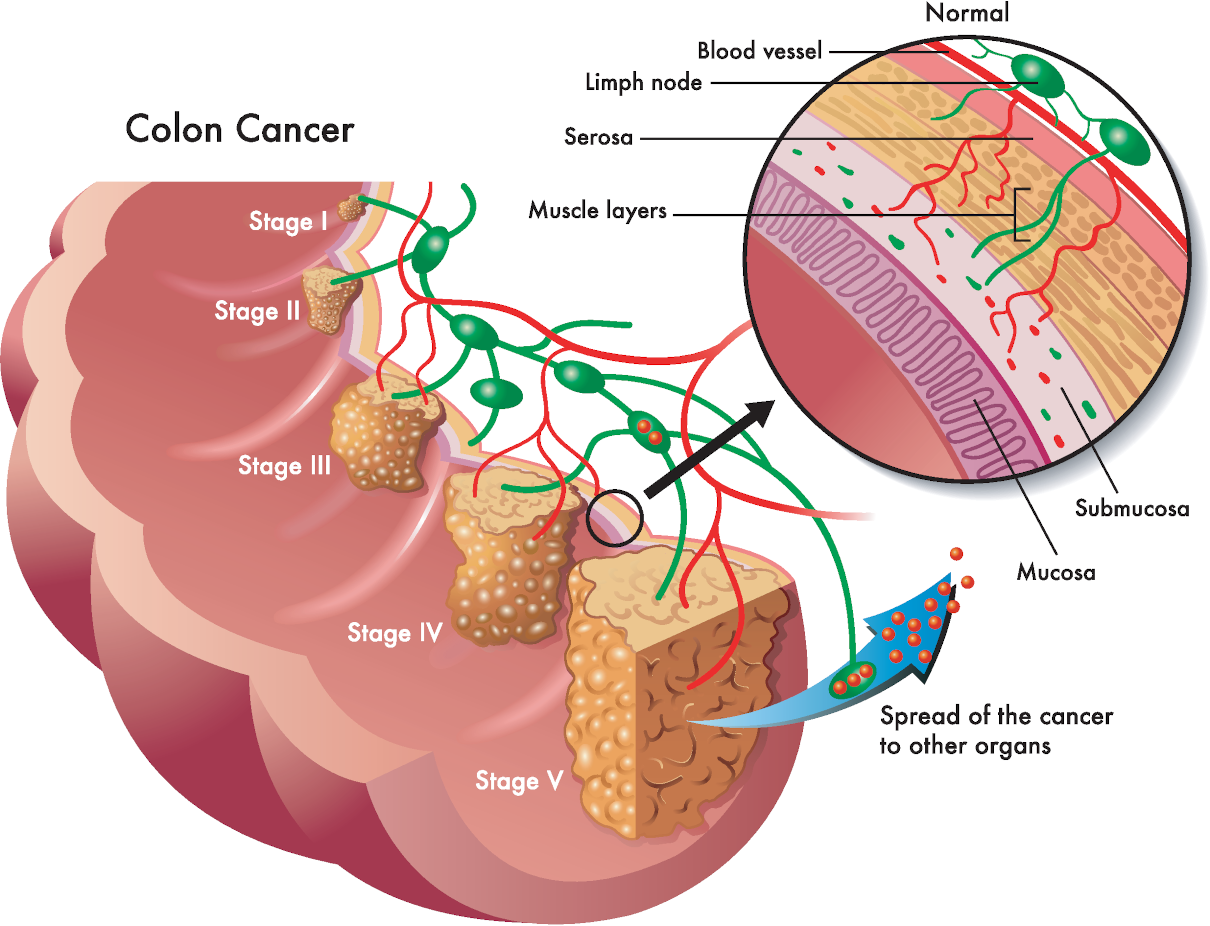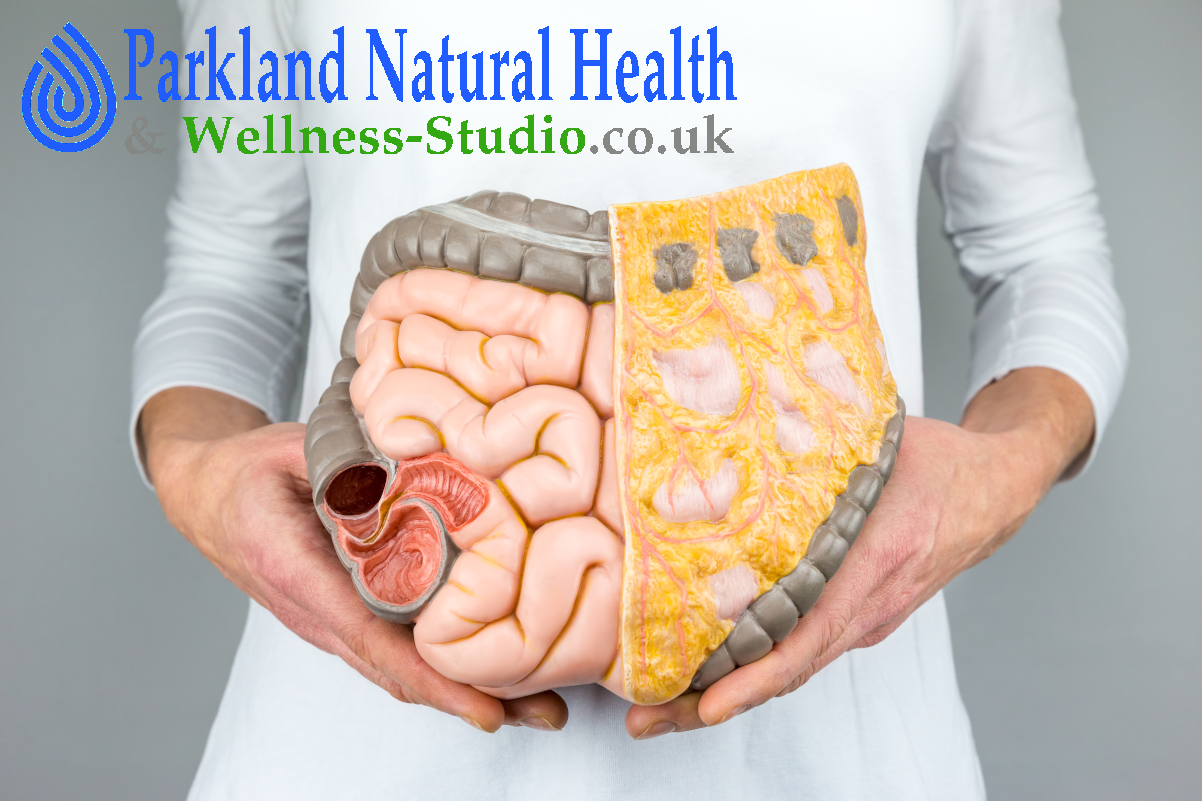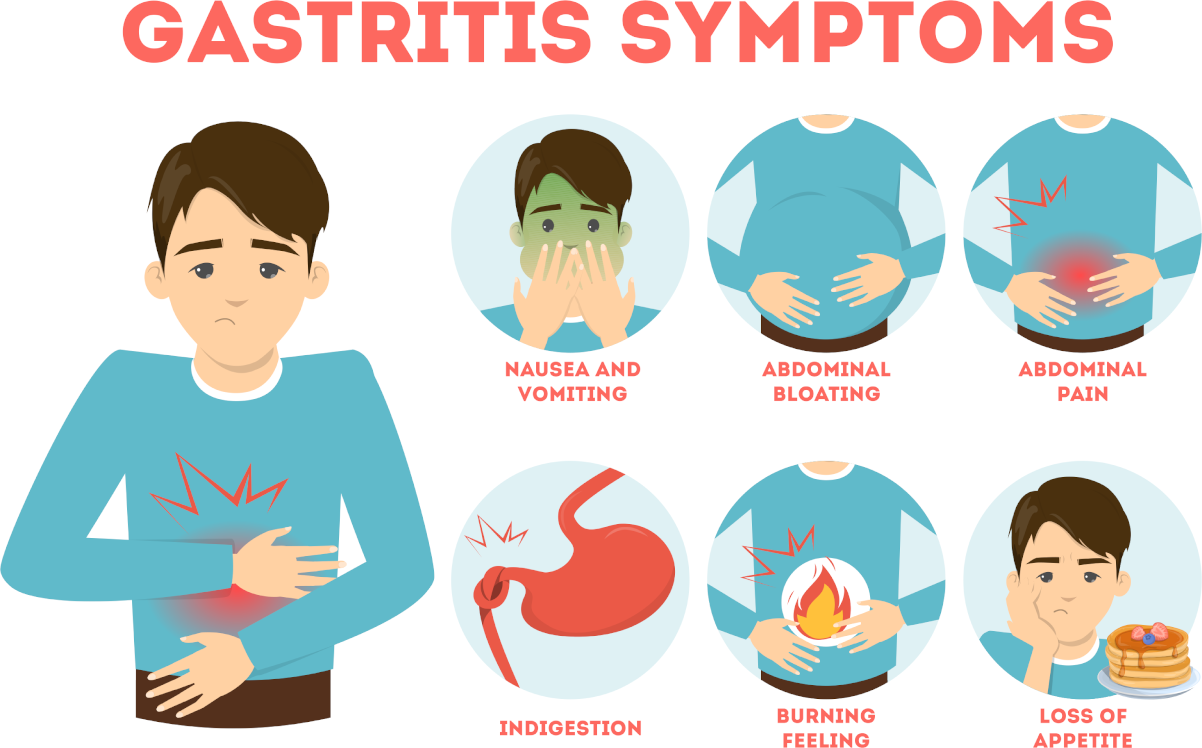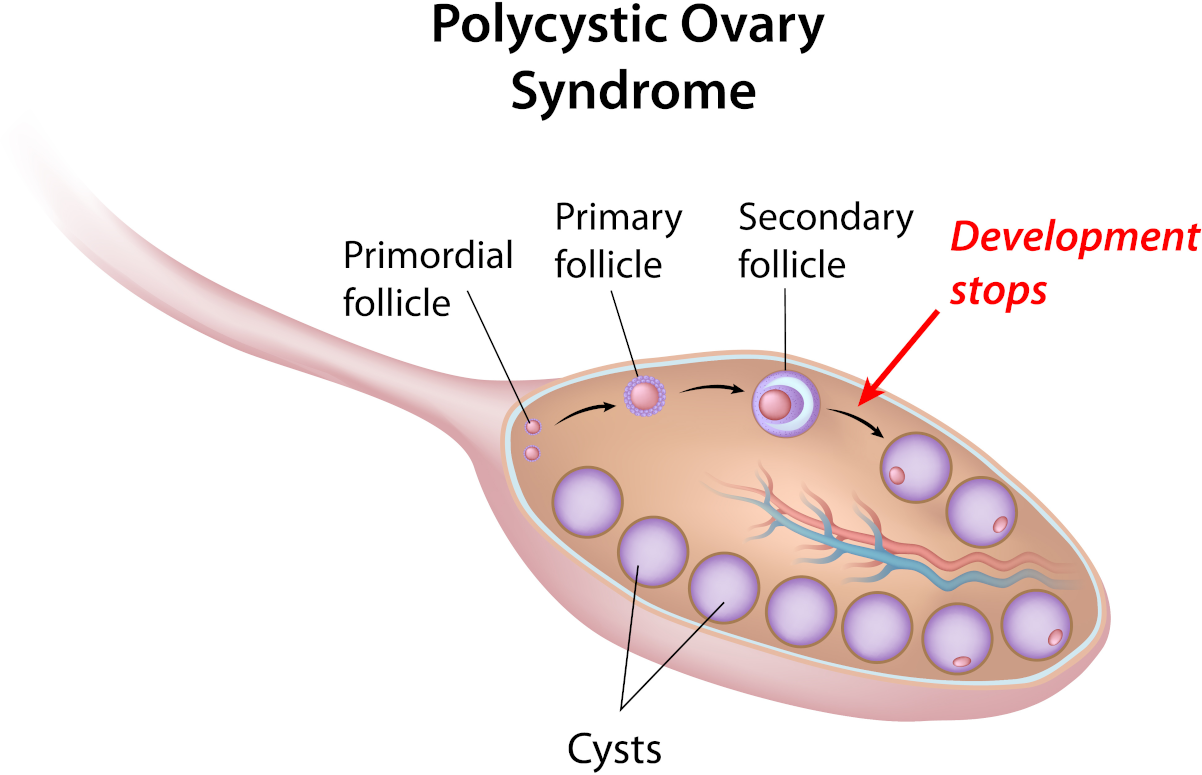
Polycystic ovary syndrome, or PCOS, is an endocrine disorder. A network of glands throughout the body produces potent chemical messengers called hormones. These hormones control many aspects of normal body functioning, and imbalances in their activity can result in mild to severe health consequences. In PCOS, hormone imbalances primarily affect female reproductive function and represent the primary cause of female-related infertility.
It is quite a common problem, affecting 5-10% of women regardless of ethnic origin. In the past, PCOS treatment was mainly available to women who sought assistance in becoming pregnant. To those who wanted relief from cosmetic conditions that often accompany the disorder.
These include significantly higher obesity, diabetes, heart disease, and certain cancers. For this reason, PCOS is receiving more attention as the medical community is being called upon to become more aware of the disorder. So whether infertility is a problem, women with PCOS are encouraged to seek medical advice.
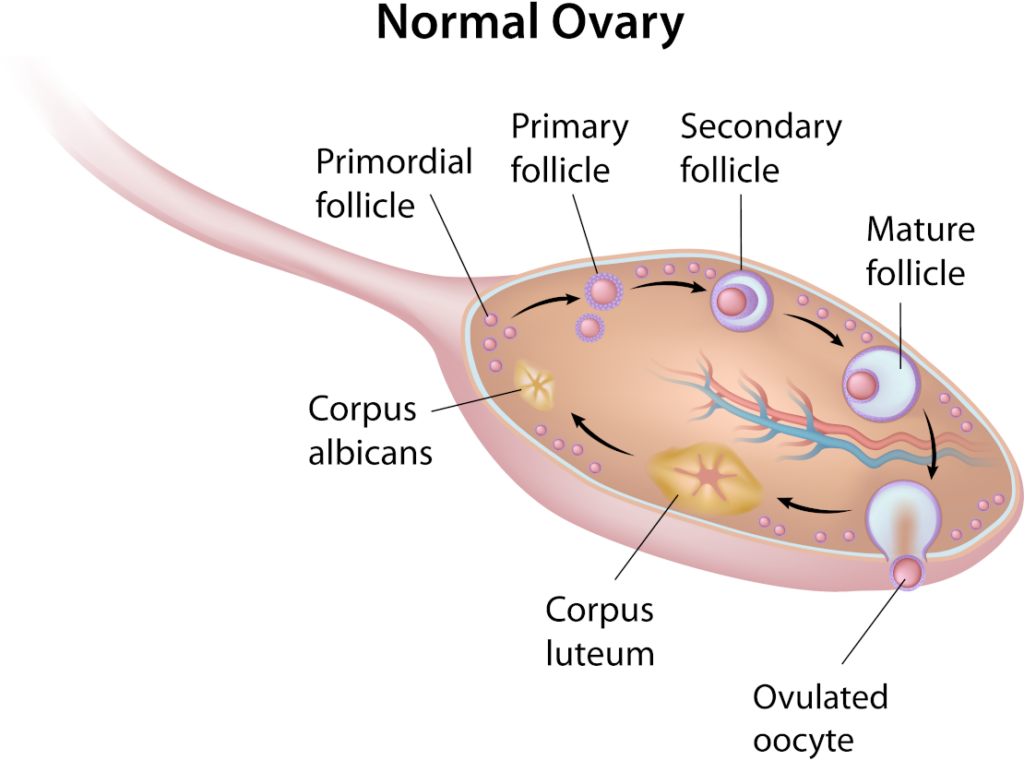
What causes Polycystic ovary syndrome?
In most cases of PCOS, the ovaries produce an excess of “male” hormones called androgens. The activity of these hormones essentially gives men their unique characteristics. However, women also produce androgens in much smaller quantities. And these androgens are essential to female health. Women with Polycystic ovary syndrome have more significant androgen amounts than other women. But these levels are not nearly as high as those found in men. Also, it is possible to acquire PCOS by increasing sensitivity to normal androgen levels. In the ovary, an egg develops inside a follicle structure. Many follicles begin to grow during a menstrual cycle, but only one releases its egg (ovulation) at mid-cycle. Those that do not ovulate normally die.
Androgens are necessary for follicle growth, but too much androgen causes too many follicles to grow per cycle. In PCOS, these follicles often do not ovulate (anovulation) and resist the normal death process. That leads to the accumulation of numerous ovarian “cysts”. While androgen activity appears to be the primary dysfunction in PCOS, women with this disorder can also have irregular insulin and LH (luteinising hormone) activity. Insulin comes from the pancreas. However, LH comes from the pituitary gland. Excess production or sensitivity of either of these hormones can increase androgen production by the ovaries. Being overweight can cause insulin levels to rise and may intensify PCOS symptoms. However, not all women who are overweight develop the disorder.

One colonic irrigation session including consultation
Colon irrigation and comprehensive consultation with a professional colon hydrotherapist registered with RICTAT and ARCH at the Parkland Clinic in Holborn. We use a closed system only—London’s best colonic hydrotherapy deal.
What symptoms of Polycystic ovary syndrome could you experience?
With the most extreme form of PCOS, you would be overweight. Also, you’d have no or very few periods and, be prone to acne, grow unmanageable body hair and inside of the legs. Moreover, you’d be susceptible to mood swings. And with this can come problems with fertility and often recurrent miscarriages. Women with PCOS may be seven times more likely to develop diabetes because of problems with blood sugar balance. When do symptoms of PCOS appear? Most often, symptoms first appear around puberty. However, some women do not develop symptoms until their early to mid-’20s or occasionally after their baby. Some research indicates that women with PCOS start menstruating at an early age.
Is PCOS a genetic condition?
Polycystic ovary syndrome and variations of its symptoms frequently run in families. That may indicate that genes are somehow involved, as with most complex ailments. One inherits a genetic predisposition to the condition. Androgen excess, insulin dysfunction, and obesity are all heritable features. In PCOS, lifestyle factors (primarily diet and exercise) significantly influence the appearance and severity of symptoms. Many general practitioners are unaware of PCOS and its implications if consulting a physician. Contacting a doctor with some knowledge and experience of the disorder is essential. The websites mentioned above offer advice on finding and consulting.

Colonic Irrigation with anti-spasmodic herbs & bicarbonate of soda
Colon cleansing with ENEMA HERBS & bicarbonate of soda is highly anti-spasmodic and helps void gas during colon hydrotherapy. It is especially beneficial in the presence of IBS and spasms. Your appointment will also include initial consultation.
What are your choices?
As women with Polycystic ovary syndrome lose weight, hormone levels return to normal. Testosterone levels fall, serum insulin levels go down, SHBG levels go up, and PCOS symptoms diminish, with significant improvements in the growth of excess hair as the women lose weight. Along with weight loss comes a remarkable change in ovarian function. In one study, 82 per cent of the women who were not previously ovulating showed improvements, with many successful pregnancies during the study, even though many of these women had a long-standing history of infertility. Some of the results have been so dramatic.
One study found that 11 out of 12 women had been overweight and not ovulating conceived naturally after reducing their weight. Women with high luteinising hormone (LH) levels in the first half of their menstrual cycle seem to have a greater risk of miscarriage. So, miscarriages are more likely to occur in women with PCOS because of the high levels of LH. But, in a study of women with PCOS. Supplements. For best results, you should take them over three months. If you have been using the Pill to regulate your periods, you may have an even more significant imbalance between crucial vitamins and minerals. Correcting this imbalance will go a long way towards treating the root cause of the problem.
Multivitamins and Minerals in Polycystic ovary syndrome
A good quality multivitamin and mineral would form the foundation of your supplement programme to ensure you get a little bit of everything. You then add those nutrients in slightly higher amounts, which is known to be helpful for PCOS.

Probiotic implant and colonic irrigation
Colon hydrotherapy with high-strength probiotic implant and comprehensive consultation is available at Parkland Natural Health Clinic.
Chromium
Chromium is an essential mineral if you have PCOS. It helped to encourage the formation of glucose tolerance factor (GTF), a substance released by the liver required to make insulin more efficient. Chromium deficiency can lead to insulin resistance, a critical problem in PCOS; too much insulin can circulate but cannot control your blood sugar (glucose) levels.
Chromium is the most widely researched mineral used in the treatment of overweight. It helps to control cravings and reduces hunger. Chromium also helps to manipulate fat and cholesterol in the blood. One study showed that people who took chromium over ten weeks lost an average of 1.9kg (4.2lb) of fat, while those on a placebo (sugar tablet) lost only 0.2kg (0.4lb). Warning If you have diabetes. On medication, you should speak to your doctor before taking chromium.
B vitamins
B vitamins are essential in helping to correct the symptoms of PCOS. Vitamins B2, B3, B5 and B6 are beneficial for controlling weight, and here’s why: Vitamin B2 helps turn fat, sugar and protein into energy. B3 is a component of the glucose tolerance factor (GTF). Vitamin B5 may help with weight loss because it helps control fat metabolism. B6 is also essential for maintaining hormone balance and, together with B2 and B3, is necessary for average thyroid hormone production. Any deficiencies in these vitamins can affect thyroid function and consequently affect metabolism. The B vitamins are essential for the liver to convert your ‘old’ hormones into harmless substances.
Zinc
Zinc is one of the critical minerals we need in our daily diets, and it has a wide range of functions, such as processing and refining, to strip out what little might be remaining. So, no matter how good your diet is, you may not get anywhere near the zinc levels you need. There are two approaches to this: you can eat whole organic food, which has much more rigorous controls on farming methods or add a zinc supplement to your diet.
But why is it so important? Zinc is an essential mineral for appetite control. A deficiency can cause a loss of taste and smell, creating a need for stronger-tasting foods, including saltier, sugarier, and spicier (in other words, often more fattening!). Zinc is also necessary for the correct action of many hormones, including insulin, so it is imperative in balancing blood sugar. It also functions together with vitamins A and E in producing thyroid hormones.

Face rejuvenation with fillers, BOTOX, mesotherapy, PRP & PDO
Total face rejuvenation combines fillers, botulinum toxin, mesotherapy, PRP and threads. Also, this treatment may last for up to one hour. However, it is available only at our aesthetic medicine centre in Chiswick, London.
Magnesium
Magnesium levels are low in people with diabetes, and there is a strong link between magnesium deficiency and insulin resistance. It is an essential mineral to include if you suffer from Polycystic ovary syndrome. Co-Enzyme Q10. It is vital for energy production and normal carbohydrate metabolism (how our bodies break down the carbohydrates we eat to turn them into energy). One study showed that people on a low-fat diet doubled their weight loss when supplemented with Co-Q10 compared to those who did not.
Garcinia cambogia
It is the supplement if you struggle with sugar cravings or find it challenging to resist bingeing on just about anything. Garcinia cambogia is a small tropical fruit called the ‘Malabar tamarind’. It comes from central Asia and contains HCA (hydroxy citric acid). The HCA in this fruit seems to curb appetite, reduce food intake and inhibit the formation of fat and cholesterol. It appears to be particularly helpful when teamed with chromium. I use one that combines the HCA and chromium in identical capsules, saving you from taking two different supplements.
Herbs
(see caution below) Herbs are extremely useful in the treatment of PCOS. Making changes and adding supplements to your diet will help control weight and balance blood sugar, while herbs further target any problems involving hormone balance. Herbs can also be very beneficial in encouraging your liver’s function to ensure it metabolises the hormones efficiently and then eliminates them.
Agnus castus
(Vitex/chaste tree berry) It is one of the essential herbs for Polycystic ovary syndrome because it helps stimulate and normalise the pituitary gland’s function, which controls LH’s release (luteinising hormone).

Colonic hydrotherapy with lemon juice enema
Discover the natural path to wellness with Parkland Natural Health. Colonic hydrotherapy with lemon juice belongs to acid enemas, in which lemon juice is added to the water injected into the bowels.
Saw Palmetto
(Serenoa repens) Hormonal imbalance (including excess testosterone) can cause prostate problems. In such cases, herbalists traditionally considered Saw palmetto a herb suitable for successful treatments. I suggest adding saw palmetto to your treatment plan if you have excess hair growth. Add it also if you have high levels of androgens. Otherwise, take agnus castus on its own.
Milk Thistle
(Silybum marianum) It is one of the essential herbs for the liver, which acts as your waste disposal unit and is necessary for treating PCOS. It helps protect your liver cells against damage and promotes the healing of damaged cells, improving the liver’s general functioning and detoxifying properties.
Caution in Polycystic ovary syndrome
You should not take any of the above herbs if you take The Pill, Fertility drugs, HRT or any other hormonal treatment or medication. Please don’t take them unless a registered, experienced practitioner recommends them.
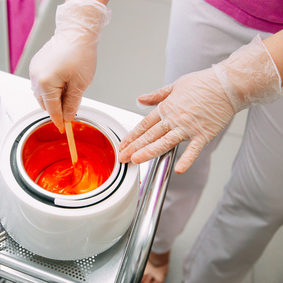
Bikini line extended(bum) waxing
It takes the sides of the bikini line more profound than a regular bikini wax and can include waxing some hair on top to make a more defined (triangle) area or trimming down the left hair. We also remove hair from the back. This treatment lasts twenty minutes.





